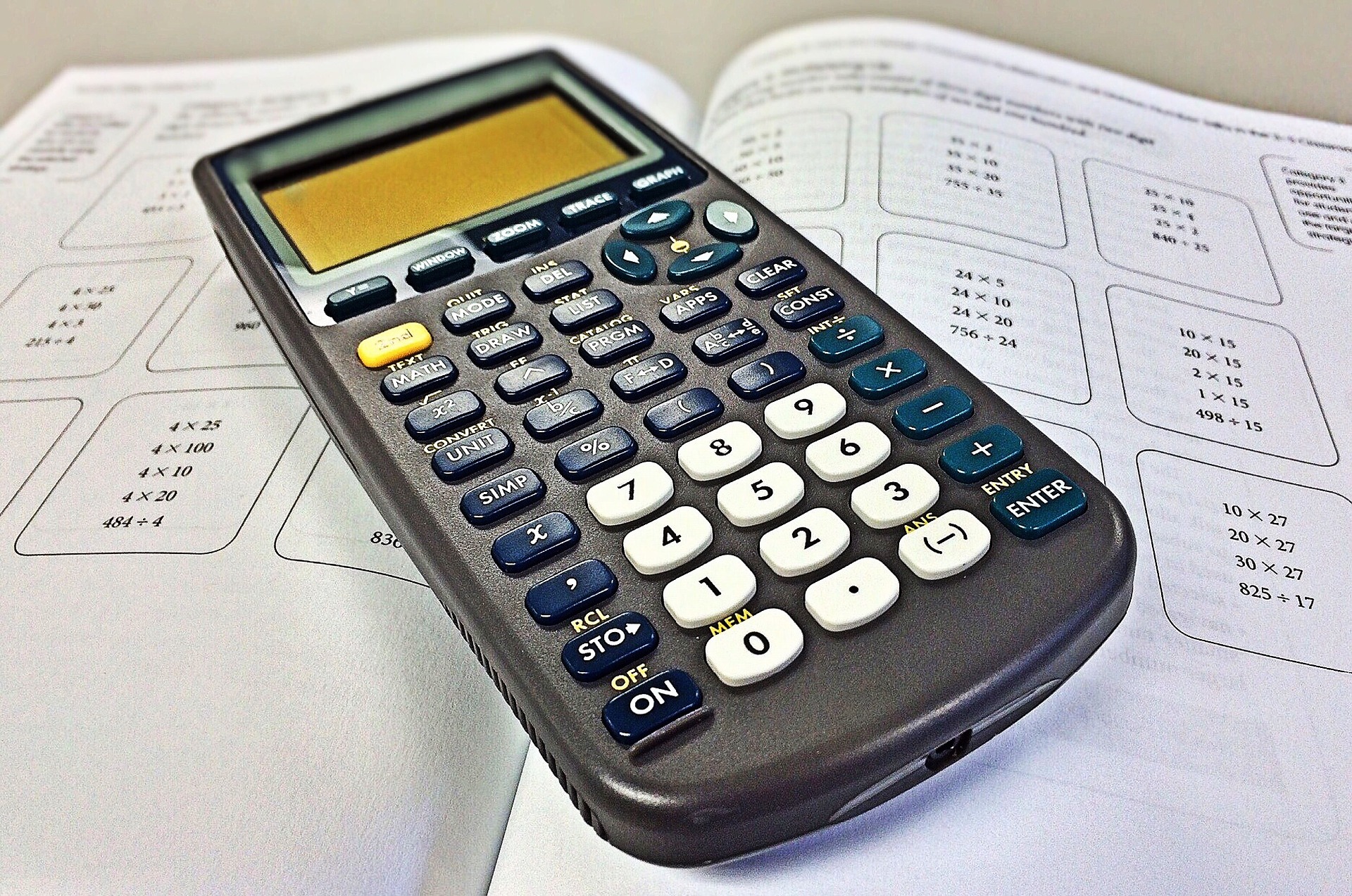Since the beginning of formal education, frustrated students have asked, “Why do I have to study math?” I used to be a student, I absolutely understand the question. The rules, facts and formula don’t seem to be useful in daily life and many people seem to get along just fine without it. The truth is, while you may not notice it, math is being used around you all the time and it’s important that we have an understanding of the basic tools of our civilization.
During my years teaching math, I’ve realized Three Purposes for Mathematics. First, the usual and most obvious reason is to provide rules for the quantification of our world. Our logical brains won’t readily accept anything as real until we can quantify or measure it and mathematics is the tool we use.
How much, how long, how many, how tall, how far, how fast is it spreading and what are the odds that I’ll win or lose. How many points did I earn, how much do I need to save for a house, What time do I need to get up in order to get to school on time etc,
Second, and one we don’t consider as often, is that mathematics is the first tool of creation in the physical world. Nothing is made by human hands that doesn’t involve mathematics at some point. From the ratio of corn syrup to water in our favorite soft drink to the perfect right angles in our homes, math is everywhere.
I challenge you to find something created in a laboratory, factory or workshop that doesn’t involve some kind of calculation. We manufacture boxes of a certain size and thickness to transport items created of certain dimensions and weights. Our tea bags are uniform as are the tires on our cars. The cloth that makes our clothes was measured as is the data we stream. Math the yeast in the bread of our convenient life.
The third purpose isn’t as obvious, but may be the most important of all. It’s similar to the “wax on/wax off” Mr. Miyagi taught Daniel Son, but for the mind. Higher mathematics (algebra and above) teaches the mind to focus, organize information, to maintain concentration and retrieval.
Thoughtful study teaches us how to recognize what we don’t know, how to backtrack our steps and correct ourselves and how to gauge the reasonableness of data presented with. While we may not consciously admit it, we have come to trust the people with the math skills. When something seems doubtful, we trust the person that shows us the numbers. The better your math skills, the less likely you’ll be a victim of unscrupulous contracts and loan documents. Furthermore, with superior problem solving skills, you will be in a better position to pursue a wider spectrum of career goals not just ones that don’t require math.
Mathematics creates neural connections of logical thought. A student may NEVER be presented with a real life situation that calls for the use of the quadratic formula, but the brain connections developed from learning it will be called for many times. In other words, once you learn to think about problems logically, that skill will be used many more times.
Those who have decided to dislike math swear by other ways to accomplish these mental feats, but nothing has the same effect as the study of mathematics. True, there are many ways to practice logical thought but we haven’t created anything that teaches problem solving skills better than solving problems.
That’s one of the reasons schools insist on it. The reason you can’t earn any kind of degree or certificate after high school without taking some kind of math class. Think about it… would you really want a surgeon who couldn’t hold a train of thought long enough to complete a math problem? How much would you trust a mechanic who didn’t know that ¾in was bigger than 5mm?
I’ve never taught math just to get through it. I view each student as someone who will be a doctor, council person, or teacher in 25 years. Someone who will need superior problem solving skills to navigate their future opportunities.
